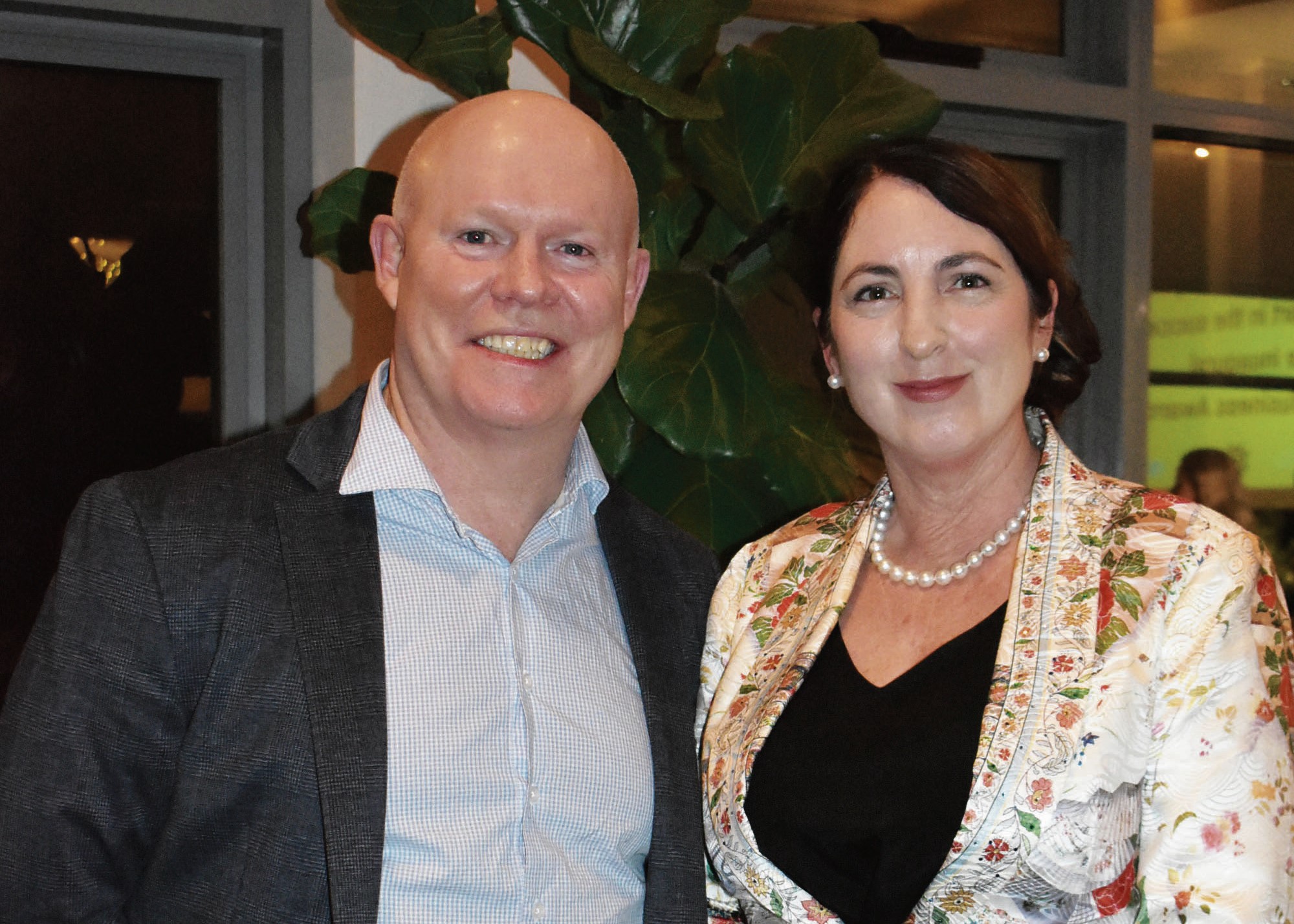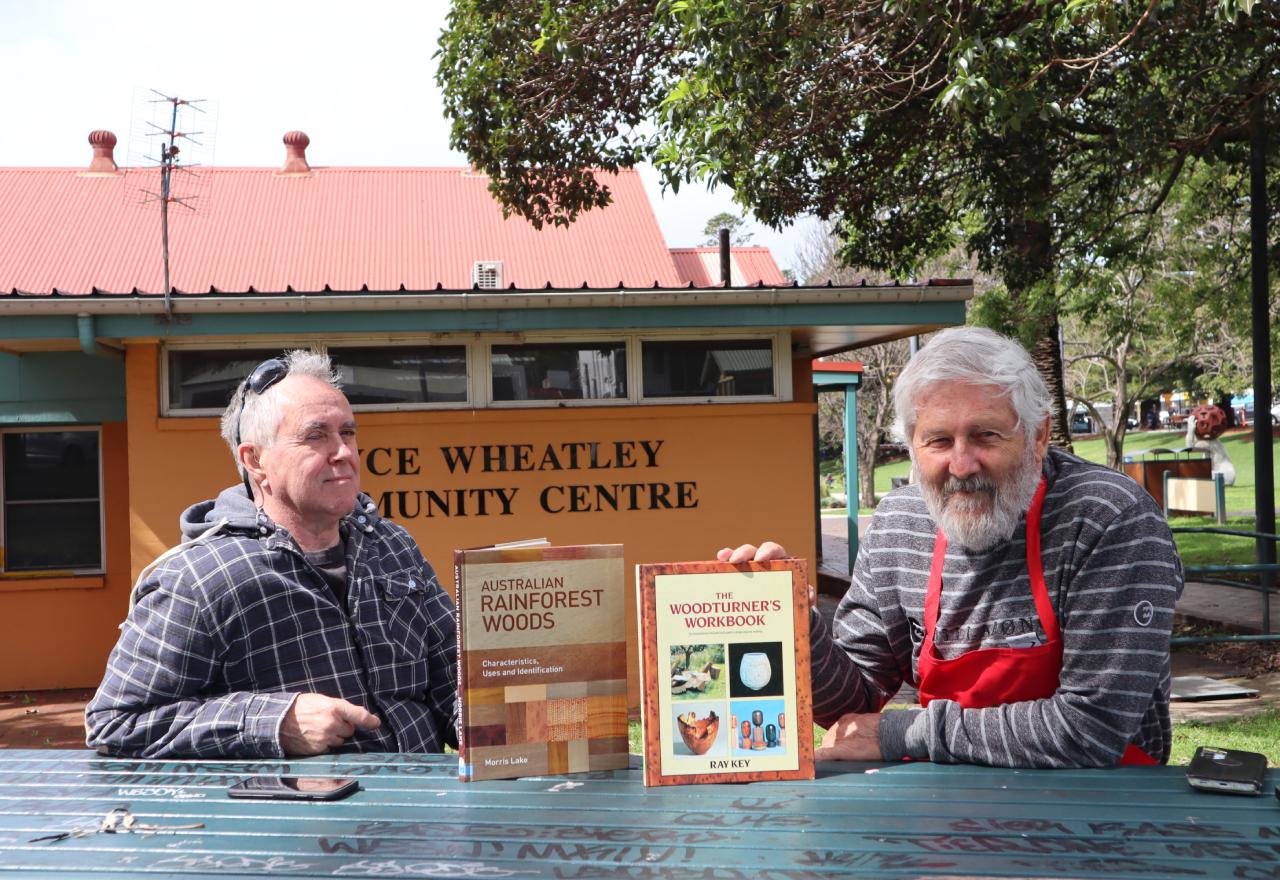Kiama Councillors face stricter discipline under state reforms
Neil Reilly
15 September 2025, 8:00 PM
 Kiama Mayor Cameron McDonald with Council CEO Jane Stroud.
Kiama Mayor Cameron McDonald with Council CEO Jane Stroud.The NSW Government is moving to toughen up the system for dealing with councillor misconduct, shifting many cases from the NSW Civil and Administrative Tribunal (NCAT) to the Land and Environment Court (LEC).
Under the proposed reforms, serious breaches of the Councillor Code of Conduct would be handled more quickly, with stricter penalties and less room for procedural gamesmanship.
Minister for Local Government, Ron Hoenig, was blunt in explaining the changes.
“The process for holding councillors to account for serious misconduct is too weak and is hamstrung by procedural complexity. The system is long, slow, and ineffective.”
Kiama Council CEO Jane Stroud agrees that reform is overdue.
She said the code had too often been “weaponised” for political point-scoring.
“The Court will deal with serious matters of a breach of the code of conduct, and this formality will deter petty, political squabbles,” she said.
The changes would also empower mayors and CEOs to dismiss frivolous complaints outright.
In cases where complaints are lodged in bad faith, councillors could even be made to pay part of the investigation costs.
Although Kiama’s current Council is still relatively new, there have already been three breaches of the code of conduct, along with several unrecorded but frivolous complaints.
Reports across NSW show this is not unusual, with allegations and formal complaints a regular feature of council terms.
The problem is twofold: the personal toll on councillors subjected to long and stressful investigations, and the financial cost borne by ratepayers.
Each complaint triggers administrative processes that can include external investigators, legal reviews, and significant staff time.
Perhaps the greater cost, however, is to democracy itself.
When councillors fear that speaking up might trigger a retaliatory complaint, the quality of debate suffers and the community misses out on robust, open discussion.
While stricter penalties may reduce misconduct and discourage abuse of the system, reform should also include better training.
All councillors, new and experienced, would benefit from learning practical ways to navigate conflict and disagreement without reaching for the code of conduct.
Productive disagreement is not only inevitable in politics, it’s essential.
A handful of councillors misusing the system can undermine trust in the whole council, but when debate is genuine and respectful, collaboration thrives and the community is better served.
NEWS




